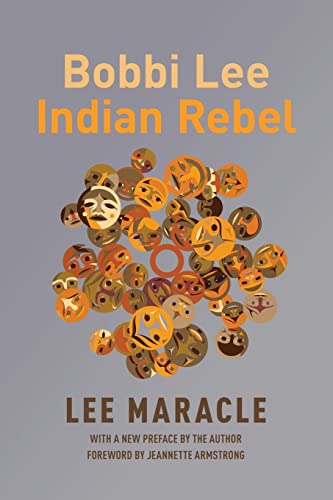This is going to be a post about Canadian literature, because I just did a whole PhD on Canadian science fiction, and studying The Discourse ™ of CanLit during the 20th century was a whole part of it. So this lives in my brain now, rent-free, and I have opinions on it to share with folks.
Tag: affect theory
dread is a luxury emotion
and i am privileged af to feel it, but i don’t know that i’ve felt its sharp edge since before the accident. yes, with the pandemic came a certain generalized existential anxiety that the whole world shared in, and certainly the rise of crypto-fascism coupled with accelerating climate breakdown has been an ever-present fear these…
Criticism in a field which is not one
Last week, a classmate namedropped Eve Kosofsky Sedgwick in class discussion and I had a bit of a fangirl moment. I’m not going to lie – Sedgwick’s article on paranoid vs reparative reading was a big influence on one of my term papers last year and continued to influence me while developing my major research…
